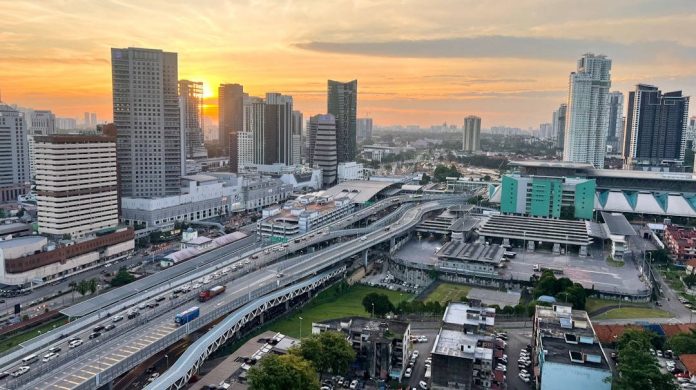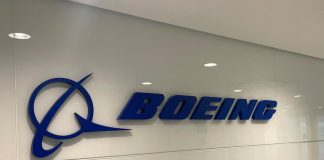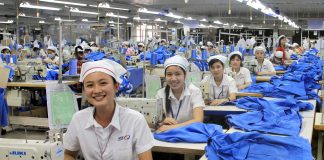Malaysia has announced tax incentives to draw investments to the Johor-Singapore Special Economic Zone (JS-SEZ), including a 5 per cent tax rate for companies investing in high-value activities. In a joint statement, Malaysia’s Ministry of Finance and the Johor state government said the special 5 per cent tax rate for 15 years is for companies investing in qualifying manufacturing and services activities, such as those involving the artificial intelligence and quantum computing supply chain, medical devices and aerospace manufacturing. In addition, eligible knowledge workers employed in the JS-SEZ will be offered an income tax rate of 15 per cent for 10 years. These tax incentives came into effect on Jan 1. The Johor state government has also reduced entertainment duties as of Jan 1.
The JS-SEZ occupies 3,571 sq km of land across southern Johor, from the east to west coasts.
This area, about four times the size of Singapore, will comprise nine flagship zones catering to different economic sectors: Johor Bahru City Centre, Iskandar Puteri, Forest City, Pengerang Integrated Petroleum Complex, Tanjung Pelepas-Tanjung Bin, Pasir Gudang, Senai-Skudai, Sedenak and Desaru. “Building on the cooperation between Malaysia and Singapore, the incentive package for JS-SEZ will accelerate drawing in quality investments in key sectors and promote the creation of higher-income jobs, leveraging the respective strengths and synergies between Johor and Singapore,” said Malaysia’s Finance Minister II Amir Hamzah Azizan in the statement.
The tax incentive package is designed to attract high-value investments and strengthen Johor’s position as a key economic hub in the region, and reflects the government’s commitment to welcome global businesses to explore the vast opportunities Malaysia has to offer, said the ministry. Experts say that tax breaks introduced for other economic zones, such as China’s Shenzhen SEZ and the United Arab Emirates’ Jebel Ali Free Zone, are more generous in offering zero per cent corporate tax rates. However, they note that owing to the move away from a zero per cent corporate tax rate in line with recent international tax developments, the JS-SEZ incentives can be regarded as competitive because some economic zones – such as the Shenzhen SEZ in south-eastern China and Gujarat state’s SEZ on the western coast of India – do not offer preferential tax rates for individuals.
The Straits Times




















